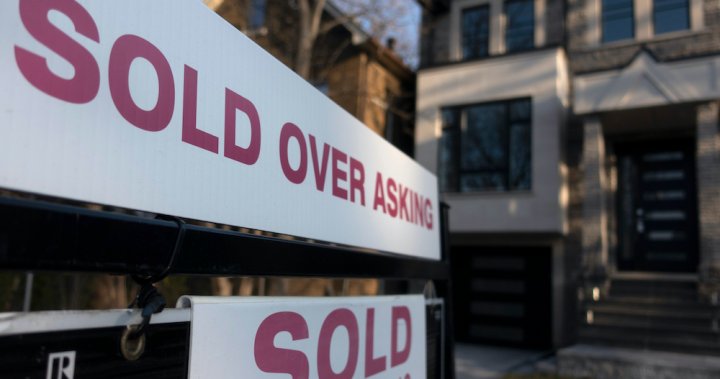
The danger of the fading middle-class dream
Global News
For too many Canadians who followed the rules and got life right, the middle-class dream is dying, Darrell Bricker and Mike Colledge write. How did it all go so wrong?
The middle-class dream. We believe it’s what you get when you follow the rules and get life right. Doing this, we were told by our parents, our teachers and all those who claimed to know what was good for us, will provide a stable, successful career running through to a comfortable retirement. It would also give us the feature asset of any middle-class dream: owning your own middle-class home. Not just any home. The dream middle-class home standing by itself in a desirable middle-class neighbourhood just like the one we grew up in. Even if we didn’t grow up this way, most of us, including new Canadians, continue to aspire to this dream.
For too many Canadians who followed the rules and got life right, the middle-class dream is dying. How did it all go so wrong?
It started in the 1970s when we doubled down on the dream by showing high school students a chart that said achieving any post-secondary diploma or degree would put them on the fast track to the middle-class dream. But this equation started to unbalance in the ’80s when the recession and globalization shattered middle-class employment in the manufacturing sector.
But even then, Canadians didn’t lose hope. There were many good jobs in the growing service sector and a long wave of economic growth from the late ’80s to the early 2000s kept the middle-class dream alive.
Over the last decade, though, the dream has faded fast. Especially over the last five years. For the first time this century, housing affordability has become the top concern of Canadians. This isn’t the usual plea for more low-income housing for the bottom 10 per cent (although this is needed), it’s a cry for housing from the aspirational middle class struggling with the impossible housing market in fast-growing urban and especially suburban markets across the country.
It is convenient and easy to blame today’s housing crisis and pessimistic mood on the pandemic. This would be wrong. Negative citizen/consumer sentiment and growing concern about access to middle-class housing was ramping up a full year before the pandemic started.
Why do we continue to feel this way? Hasn’t it been getting better? Haven’t vaccines and a full economic rebound put us back on track? Is all this doom and gloom just irrational pessimism? Not from the perspective of the aspirational middle class. They are even more pessimistic now about their future economic prospects than they were during the pandemic.
Frankly, if it was already bad it’s hard to imagine how their mood will improve as they begin to experience the full impact of the war in Ukraine on their cost of living.











